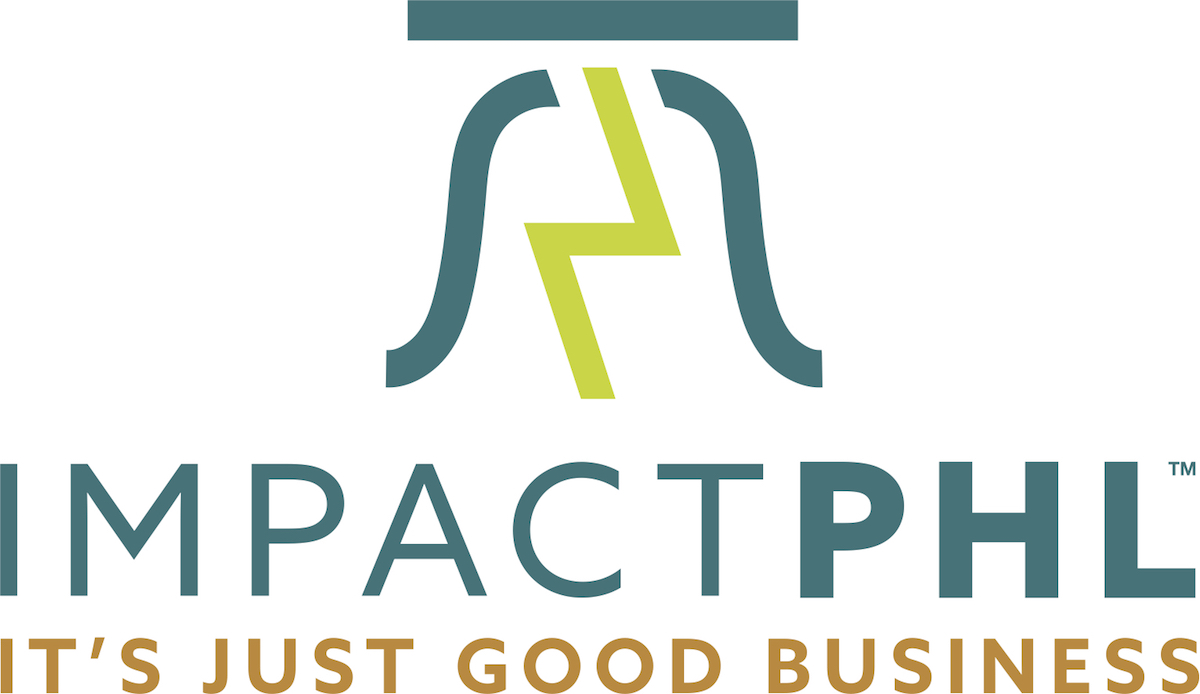The outsourced business process service industry makes $300 billion a year, employs 14 million, and has a 10-year compound annual growth rate of 8%. Yet it has a fatal flaw that may eventually destroy it: one of the highest employee turnover rates of any industry in the world. How can an industry be so successful while consistently losing most of its people all of the time?
Fair Trade Outsourcing (FTO) is a seven-year-old, 1,400-person company headquartered in Philly. Providing business process outsourcing services to middle-market companies in insurance, health care, consumer goods, and technology. With offices in the Philippines, Mexico, Ghana, and Texas, the median age of our employees is just over 27 years, and are typically part of a multi-generational household either currently living in poverty or earning below a middle-class income. Against this backdrop, we’ve solved the turnover problem.
By injecting economic theory into the business model and identifying the root cause of the high attrition, we’ve developed programs in each country that addressed the economic development needs of employees.
In this article, we explore the system itself. The client benefits we realize, as well as the financial benefit to the company from this re-organization of how an outsourcing company functions.
The system
Our theory of change embeds a novel development economics system into the fabric of an outsourcing company, getting employees and their households out of poverty and reliably into the middle class.
I founded FTO in 2016 with a strong vision — as a double-bottom-line company to create real value for businesses while reducing global poverty and economic insecurity by creating sustainable middle-class employment, transforming a new generation from wage earners to capital owners.
How do we achieve this? When I say “embed into the fabric of an outsourcing company,” I mean it. Through 23 policies and programs, we attack intergenerational poverty in five key areas. Three of which: compensation and benefits, workplace guarantees, and guaranteed opportunity, are not dissimilar to what other companies think about. We just approach them as economists instead of traditional business people.
For compensation and benefits, we set wages such that employees’ households, upon achieving an FTO job, are instantly in the middle class. This ignores market standards, customs, and what our competitors are doing, which extends to giving anti-inflation adjustments. We also give healthcare after just 60 days of employment and have an employee share ownership program. For workplace guarantees, our goal is to provide a fair and safe workplace for all, defending our employees when managers run amok and minimizing workplace risk. Unfortunately, we’ve seen all manner of bad behavior from managers, including bullying, sexual harassment, and lying about employee performance. When we guarantee a safe workplace, employees know that when they come to work, they can think about work and not have to navigate negative workplace dynamics.
Finally, when we say “guaranteed opportunity,” we go above and beyond most companies in two important ways: first, rules that promote mobility for employees and 2) free employee learning (“capacity building” in our parlance) that has no direct business benefit. The remaining two key areas are unique to FTO and are completely inspired and driven by our economic research. First, we provide extended social insurance that extends to the employee and the employee’s household (i.e., disaster protections, extended family healthcare, etc.). These extra programs are things the government would normally provide, but in developing world economies, these types of protections aren’t always available, and so often, only charities fill this void. Thus, when your employer steps in, these protections come from such an unexpected place that the company loyalty that it generates is much more valuable to all than the cost.
The second key area is what we call “positive economic interventions.” These are programs that specifically attack the extant weak points in the household’s economic journey from poverty to prosperity. Zero-percent interest durable good loans, cash-flow widening programs, housing assistance, and financial management training and measurement. If you do not measure, you cannot manage. The system rounds out with an economic research department that does academic quality surveys on our employees to understand not just how our programs are doing but collects basic household condition information. These are “follow-on” surveys, where we actually survey employees at zero, six, 12, 24, and 36 months of employment to ensure that our work and data are having the intended effect.
Finally, we developed an internal household budget management tool that employees complete monthly and will help them measure their household economic progress. This tool not just keeps their finances top of mind but provides real-time world-leading household income and spending data.
Client benefits
The outsourced business process industry measures performance on production (How much work per unit of time) and quality (how many errors during the execution of the business process). FTO consistently outperforms production and quality. Our stellar internal culture results in the lowest turnover rate in the outsourcing industry (1.9% compared to the 8% industry average). This means more consistency, more experienced agents, less time spent ramping up new employees, and better results for our businesses. On the quality side, customers are generally happy with 2-3% error rates in all types of transactions. FTO consistently and across accounts produces error rates of less than 0.5% — also an industry leader.
FTO’s system also produces results consistent across clients and locations that create real value in an outsourcing engagement. Two stats illustrate this: our per-labor hour productivity is 20% higher than our competitors (when FTO and 1 or more companies work for the same client doing the same work), and transaction error rates are 1/6th the accepted industry average (<0.5% vs. 3%).
There’s a lot of tangible value in superior performance that flows directly to the client’s bottom line. Such a low error rate means less quality assurance time, less time spent handling rejects, and less supplier management time. On the productivity side, the customer is literally getting a better bargain: when they come to FTO, they get 20% more work done for the same price. We extend this principle — more or less — to how we handle OT. When a client needs overtime from its existing agents — we don’t charge the client time and a half — but we do pay the employee time and a half. Why? Because every extra hour of labor at a higher price is a downpayment on someone’s economic future, we want to incentivize the client to do it. FTO continuously delivers superior results for clients by valuing agents — ensuring their safety and improving their economic welfare. But partnering with FTO is also decision clients can feel good about, too — one that can fundamentally transform lives.
FTO still adheres to best practices in the industry in IT, compliance, workforce management, operations management, and communications. We offer secure, compliant facilities with guaranteed data protection and a clear point of contact with lightning-fast response times. Just because we’re trying to do good doesn’t mean we can shirk being a quality producer for our clients.
It’s so important to us that we are a supportive and flexible partner. In fact, that is our role as an outsourcer. We’re so confident in our ability to bring clients the value they need that we don’t lock them into a fixed-term contract. If they do not like the service, they can cancel with a 30-day notice at any time. We put our money where our values are.
Company benefits
But we are not a charity. In addition to economic prosperity for employees, this system has unlocked 10 to 15 points of gross margin for the company against public market competitors (for which data is available).
How? First, I’ve always said human performance is not an on-off switch. It’s a dial that can be turned up or down. Our unique system turns human performance up, and there is a lot of value in turning up human performance when you’re a people company. We see this not just in our financials but in how easy it is to manage our company versus others.
What does this mean for the company? Well, in addition to the money that can be put back into the employee experience, it also allows us to invest in client relationships, either with better support, better technology, or simply supporting the client investment with our resources. What impact would you expect? Same-client growth rates are consistently 25% year over year.
Conclusion
Over the last seven years, we’ve been quietly building and servicing a handful of clients. But with results like these for employees, clients, and the company, we continue to be on a fast growth path.
But maybe we’ve hit upon something else. When you bring economics into the fabric of your business, you learn different ways of doing things, and you get people to react to your company, your clients, and their managers in different ways. Companies are always talking about values: but when the values you embody are the economic progress of your people, the purpose of your company couldn’t be clearer. And here’s ours that we hope others will follow:
The more employed under our system vs. our competitors, the more families will exit poverty. Over the next 25 years, our goal is 1 million people. Can your business find a way to achieve something similar?

This essay was originally published via ImpactPHL Perspectives, a multi-part series exploring the many facets of the impact economy from the perspectives of its doers, movers, shakers and agents of change. This version has been edited for style.
Before you go...
Please consider supporting Technical.ly to keep our independent journalism strong. Unlike most business-focused media outlets, we don’t have a paywall. Instead, we count on your personal and organizational support.
Join our growing Slack community
Join 5,000 tech professionals and entrepreneurs in our community Slack today!

The person charged in the UnitedHealthcare CEO shooting had a ton of tech connections

From rejection to innovation: How I built a tool to beat AI hiring algorithms at their own game

How a laid-off AI enthusiast pivoted to become a founder — while holding down a day job

